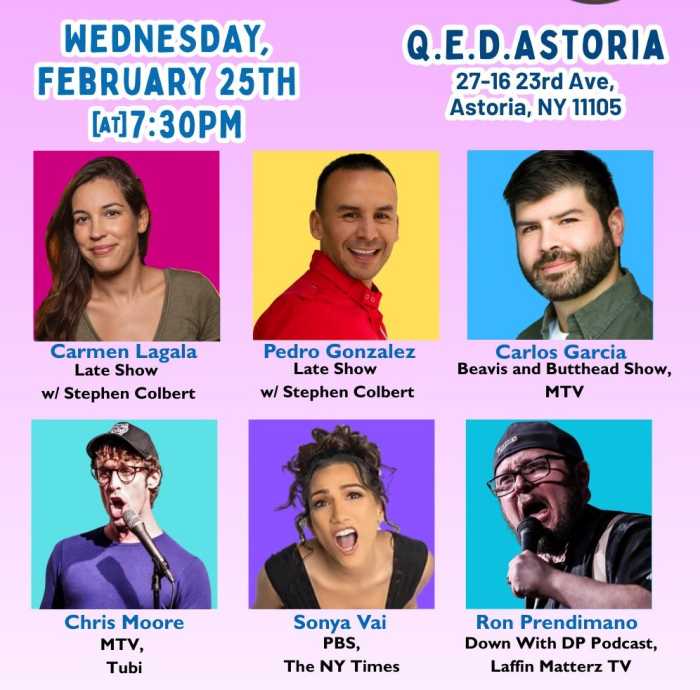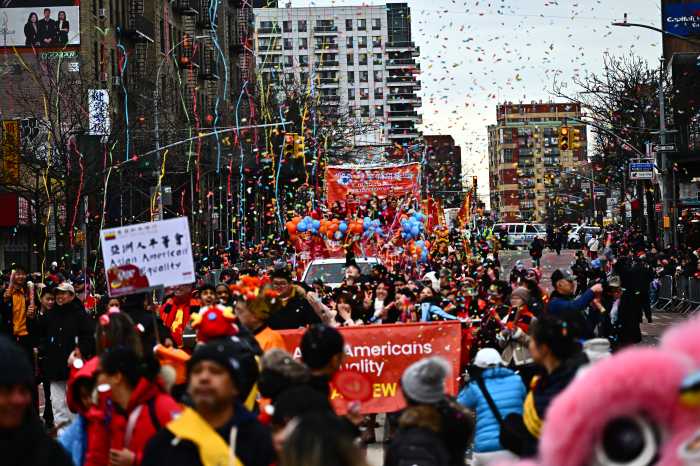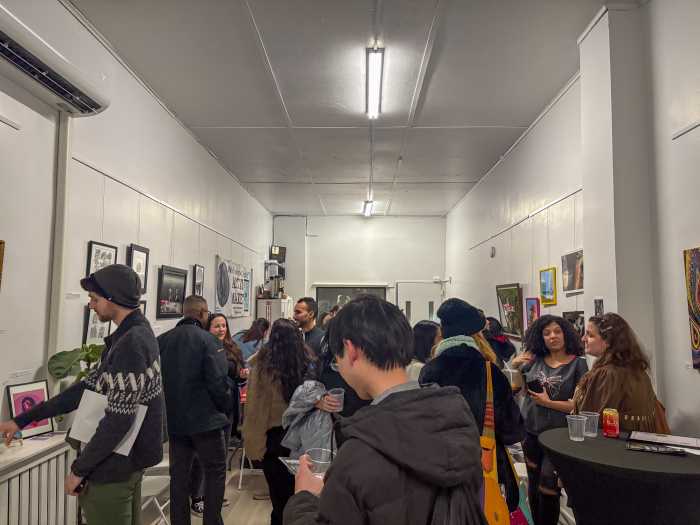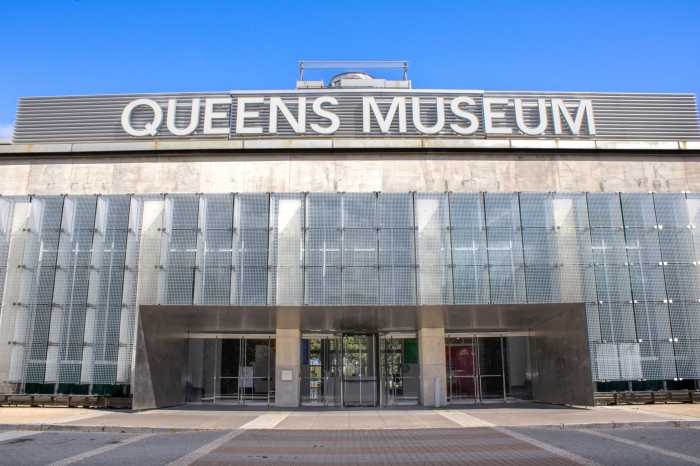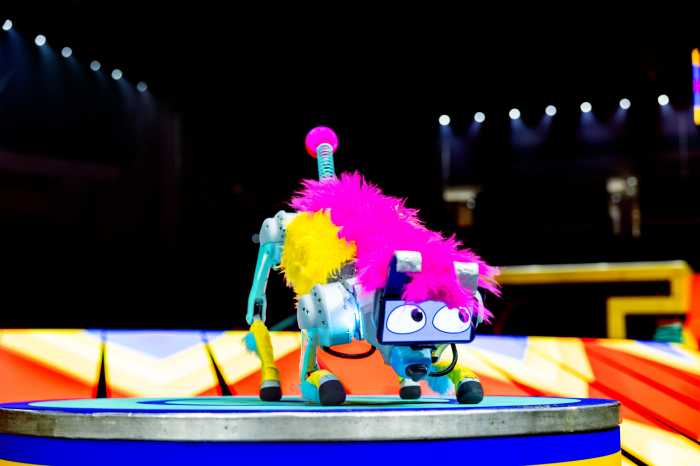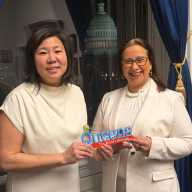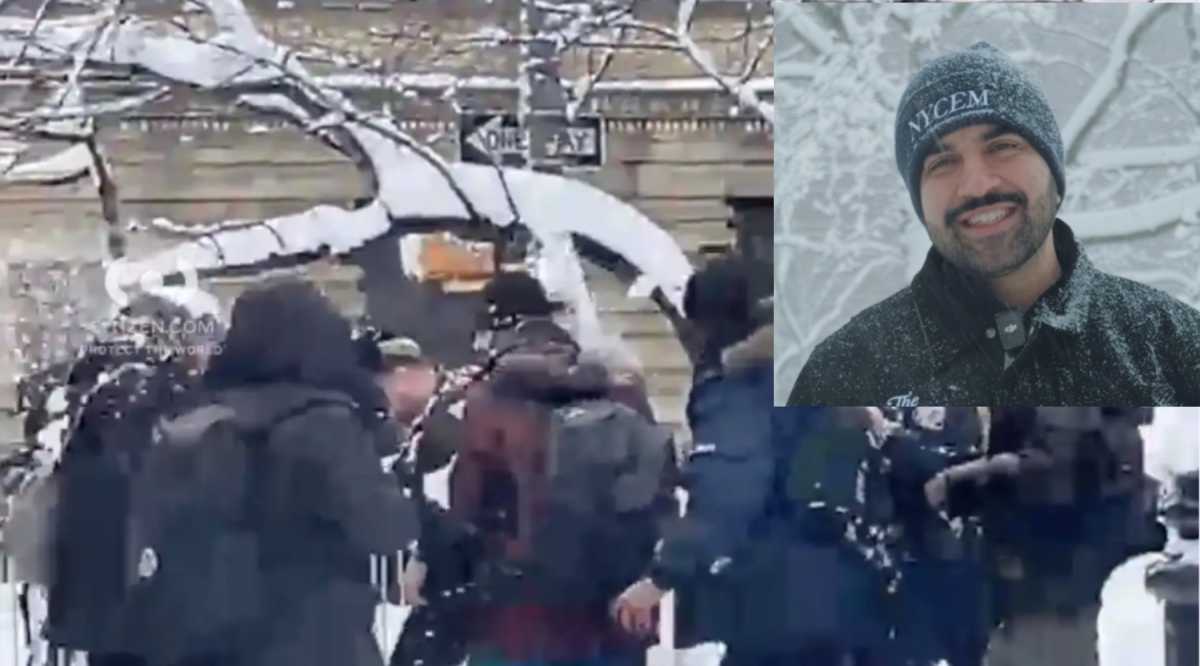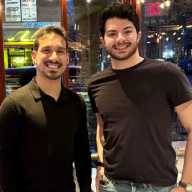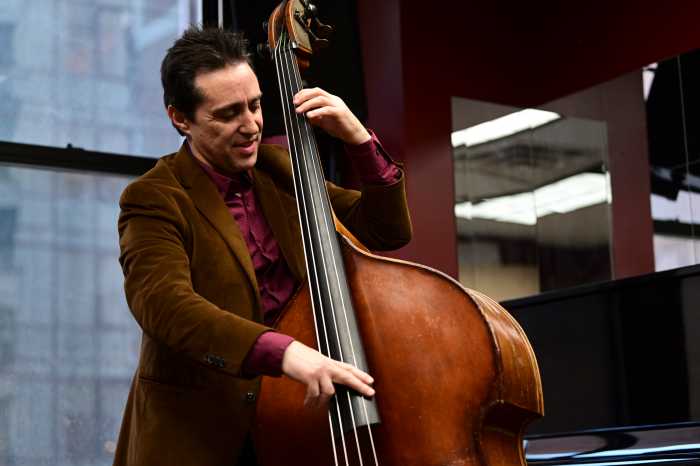By Tammy Scileppi
When award-winning photographer Marc Asnin completed a project about his troubled, enigmatic uncle three years ago, his subject was very different from the tough, tattooed guy Asnin had known and looked up to back when he was growing up on Brooklyn’s gritty streets.
Today, Charles Henschke, Uncle Charlie, is 76, and living as a recluse in Bedford-Stuyvesant after a lifetime spent battling mental illness and dealing with poverty, unhealthy relationships and plain bad luck.
“Uncle Charlie says he never had a friend,” Asnin said. “No one listened then, and no one listens now. After 30 years of photographing him, I am the last guy standing, the only constant in Charlie’s life.”
Asnin’s photo essay, “Uncle Charlie,” which explores three decades of the man’s downward spiral, begins a two-month showing Thursday at Queensboro Community College’s Art Gallery in Bayside.
“Our goal is to consistently offer the highest caliber of fine art that engages and challenges visitors on an emotional and intellectual level,” Faustino Quintanilla, the gallery’s executive director, said.
It was an interesting ride for the young photographer, who never lost touch with his uncle.
But eventually, he would have to deal with an even harsher reality: Uncle Charlie’s demons had turned him into a broken shell of a man.
Asnin said he’s the only one who visits. The only one who takes the time to listen to endless stories about the past. And to his uncle’s ramblings and annoying complaints.
Through his photos, Asnin shares Charlie’s heart-wrenching backstory, as well.
He was a quiet boy who grew up in a very unusual Jewish family — some of the last ones who remained in Bushwick and Bed-Stuy. They weren’t your typical family by any stretch of the imagination.
“Uncle Charlie” is the first presentation of the photographer’s full body of work.
“I am not the first guy to document his family. But for me, both the subject and my imagery reflect who I am,” Asnin said. “Ironically enough, after more than 30 years, I now find myself on the outside looking in. There were moments in the project that I chose to be his nephew and godson, not the photographer.”
Asnin’s Jewish grandfather, Joe Henschke (aka Hall), lived on the fringes of society and rubbed elbows with neighborhood wiseguys. He was a compulsive gambler, womanizer and raging alcoholic, who got mixed up in shady stuff. Charlie grew up in Sheepshead Bay in the ’50s, “like in the ‘Goodfellas’ world,” Asnin noted. But there was never any money. Life was harsh.
The family would describe his uncle’s craziness as mishegas (the Yiddish word for crazy). In those days, mental health wasn’t dealt with.
The QCC exhibit depicts the good, the bad and the ugly that made up his life.
Memorable images that speak volumes. Asnin said he has had a long relationship with QCC.
“The Uncle Charlie project isn’t just about photography,” he explained. “It’s also about social issues, drug addiction, mental illness, family and poverty. It’s a hard look at a different side of New York. Today, people are still surprised that someone Jewish would be living in that world; it’s not like the stereotype of someone who’s Jewish.”
Asnin’s work is about a relationship between “two men, from two generations, living very different lives, bound by family.”
“It’s about broken dreams, disappointment, consequences, missed opportunities, delusions and loss. It’s about having the guts to look intensely at the familiar and process what’s in front of you, taking an account of your family, your society and what is said about both,” he said.
“Never has anything affected me on every level as my uncle’s devastating mental illness. I strongly believe that it is essential to develop awareness and empathy for those suffering from this disease, and also to reach young people who are not in the arts. Nursing students and future social workers need to look at the unflinching honesty of this exhibit,” Asnin said.
Beyond the college campus, a collaborative program with the High School for Arts and Business in Corona will extend the project’s reach to this community. The goal is to enhance students’ observational skills and artistic expression, while recognizing and respecting their classmates’ families and traditions.
Asnin will serve as a teaching artist by instructing a six-class lesson on how to analyze, document and understand family culture through photography. Cameras will be provided to the students and at the end of the semester-long program an exhibition and catalog will be produced by the QCC Art Gallery.
If You Go
“Uncle Charlie”
When: Thursday, Feb. 18 through Sunday, Apr. 10
Where: Queensborough Community College Art Gallery, 222-05 56th Ave., Bayside
Cost: Free
Contact: (718) 631-6396
Website: www.qcc.cuny.edu

